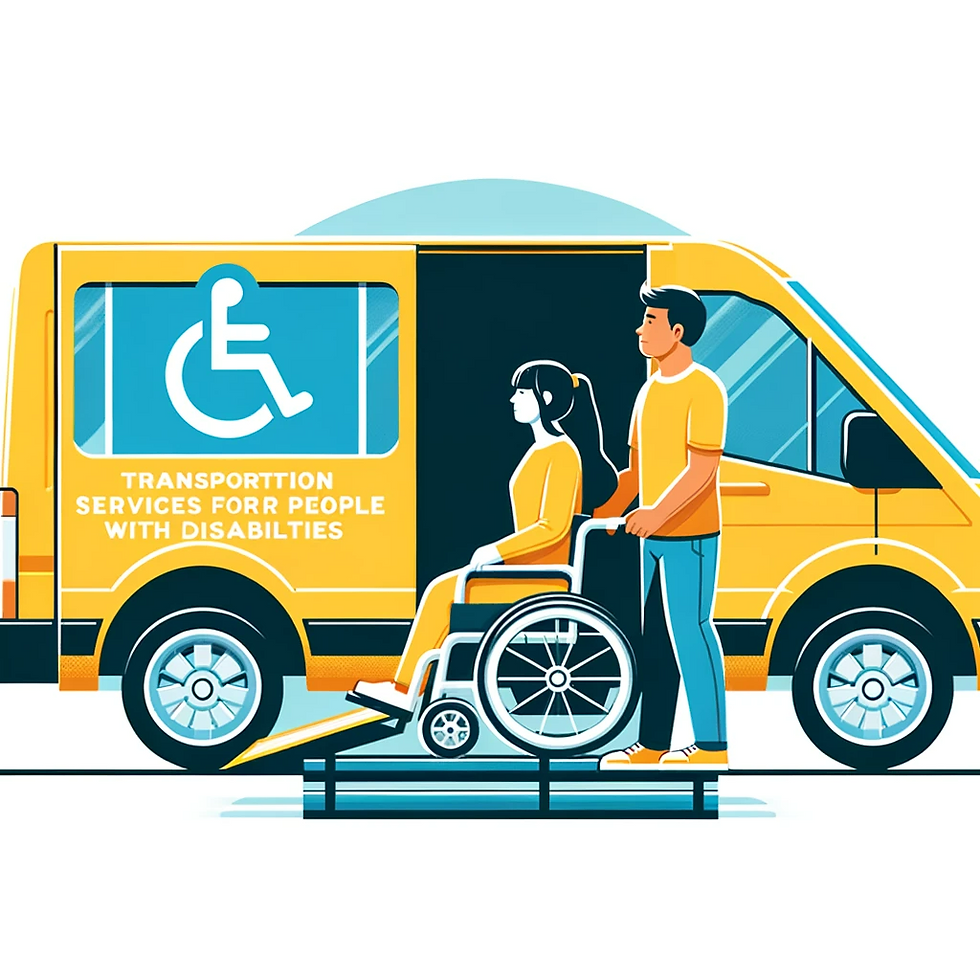RESIDENTIAL SUPPORT SERVICES PROVIDER IN MINNESOTA
- Fatumata Kaba
- Aug 13, 2025
- 3 min read
Updated: Jan 15
PROVIDING SAFE AND SUPPORTIVE LIVING ENVIRONMENTS FOR INDIVIDUALS WITH DISABILITIES
Residential Support Services in Minnesota offer stable and supportive housing solutions for individuals with disabilities, chronic conditions, or those transitioning from institutional care. These services are designed to promote independence, community integration, and a high quality of life. Residential Support Services are available under Minnesota’s Home and Community-Based Services (HCBS) Waivers.
1. GOVERNING AGENCIES
Agency: Minnesota Department of Human Services (DHS)
Role: Administers Medicaid programs, including residential support under HCBS Waivers
Agency: Minnesota Department of Health (MDH)
Role: Licenses and regulates residential facilities and group homes
Agency: Centers for Medicare & Medicaid Services (CMS)
Role: Provides federal oversight and ensures waiver compliance
2. RESIDENTIAL SUPPORT SERVICE OVERVIEW
Residential Support Services focus on providing safe and structured living environments with personalized support. Services are tailored according to the Individual Service Plan (ISP) or Person-Centered Plan (PCP) and may include:
24/7 residential supervision and personal care
Assistance with activities of daily living (ADLs)
Health monitoring and medication administration
Meal planning and nutritional support
Community engagement and recreational activities
Skills training for independent living
3. LICENSING & PROVIDER APPROVAL REQUIREMENTS
Prerequisites:
Register business with the Minnesota Secretary of State
Obtain EIN from the IRS and NPI (Type 2)
Enroll as a Medicaid provider with the Minnesota Department of Human Services
Obtain a Comprehensive Home Care License from the Minnesota Department of Health
Maintain liability insurance and documentation of staff qualifications
4. MEDICAID PROVIDER ENROLLMENT PROCESS
Step 1: Pre-Application Contact
Contact the Minnesota Department of Human Services to understand residential support provider requirements
Step 2: Application Submission
Submit business registration, comprehensive home care license, liability insurance, and service descriptions
Step 3: License Verification
Obtain and verify the Comprehensive Home Care License
Step 4: Approval and Medicaid Number Assignment
Once approved, receive a Medicaid provider number and authorization to deliver services
5. REQUIRED DOCUMENTATION
Articles of Incorporation or Business Name Registration
IRS EIN Letter
NPI confirmation
Comprehensive Home Care License
Liability insurance certificate
Policy & procedure manual including:
Client intake and care planning protocols
Safety and supervision guidelines
Health monitoring and medication administration procedures
Documentation of daily activities and incident reports
Staff training and supervision logs
6. STAFFING REQUIREMENTS
Role: Residential Program Manager
Requirements: Experience in residential care, social services, or healthcare administration
Role: Direct Support Professional (DSP)
Requirements:
High school diploma or equivalent
CPR/First Aid certification
Background check and TB clearance
Training Requirements:
Client safety and crisis intervention
Personal care and health monitoring techniques
Documentation and record-keeping
Cultural competence and client interaction
7. MEDICAID WAIVER SERVICES
Residential Support Services in Minnesota are available through:
1915(c) HCBS Waiver for Individuals with Disabilities
Community Access for Disability Inclusion (CADI) Waiver
Brain Injury (BI) Waiver
Approved providers may deliver:
Round-the-clock care and supervision
Support for ADLs and independent living skills
Community integration and social activities
8. TIMELINE TO LAUNCH
Phase: Business Formation
Timeline: 1–2 weeks
Phase: Medicaid Provider Enrollment
Timeline: 60–90 days
Phase: Staff Hiring and Training
Timeline: 30–45 days
Phase: Facility Licensing and Setup
Timeline: 2–4 weeks
9. CONTACT INFORMATION
Minnesota Department of Human Services (DHS)
Website: https://mn.gov/dhs
Minnesota Department of Health (MDH)
Website: https://www.health.state.mn.us

WAIVER CONSULTING GROUP'S START-UP ASSISTANCE SERVICE — MINNESOTA RESIDENTIAL SUPPORT SERVICES PROVIDER
We support agencies and entrepreneurs in launching compliant Residential Support Services across Minnesota under the HCBS Waiver models.
Scope of Work:
Business registration and licensing assistance
Medicaid provider enrollment
Policy & procedure manual for residential care operations
Templates for client care plans and daily activity logs
Website, domain, and email setup
Staff credentialing and training documentation
Client intake packet and health monitoring forms
Risk management and incident reporting systems
Referral networking with healthcare providers and community organizations
Our Client Portal offers a wealth of resources that you can explore related to various programs and state requirements.
_edited.png)



Comments